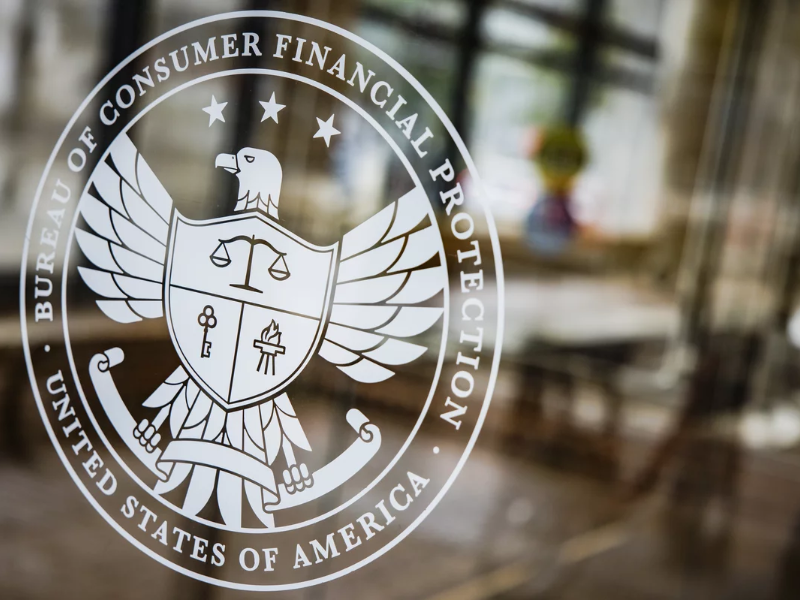- The CFPB files a lawsuit against Early Warning Services and major banks for failing to protect consumers from over $870m in fraud losses on the Zelle network since 2017.
- The lawsuit alleges inadequate handling of fraud complaints and poor safeguards, enabling fraudsters to exploit the system while leaving victims without proper support.
What happened: CFPB sues banks over Zelle fraud
The Consumer Financial Protection Bureau (CFPB) has launched a lawsuit against Early Warning Services, the operator of Zelle, along with major banks like Bank of America, JPMorgan Chase, and Wells Fargo. This action stems from extensive consumer losses, exceeding $870m, due to fraudulent activities on the Zelle platform since its launch in 2017. CFPB Director Rohit Chopra criticises the banks for their inadequate fraud protections and mishandling of consumer complaints, often advising victims to contact fraudsters directly. This negligence raises serious concerns about consumer safety in digital transactions. While Zelle offers convenience for instant transfers, its minimal identity verification processes leave users vulnerable to scams. The banks’ failure to implement robust safeguards and share critical fraud information undermines trust in digital payment systems. This lawsuit serves as a crucial reminder that consumer protection must keep pace with technological advancements in financial services.
Also read: CFPB sues major banks over Zelle fraud allegations
Also read: Aave eyes $1bn exit from Polygon after clash
Why this is important
The CFPB’s lawsuit against major banks over $870m in consumer losses on Zelle highlights a critical issue in the digital payment landscape. With the rise of instant payment platforms, consumers expect secure and reliable services. Yet, as evidenced by this legal action, many users fall victim to fraud due to insufficient protections. The convenience of platforms like Zelle, while appealing, comes at the cost of consumer safety, as minimal identity verification opens the door to scams.
This situation resonates beyond banking giants; it affects small businesses and individual entrepreneurs who rely on these payment systems for transactions. A lack of robust fraud safeguards not only endangers consumers but also jeopardises the integrity of small businesses that depend on trustworthy payment methods. As fintech continues to evolve, the industry must prioritise consumer protection alongside innovation. The CFPB’s stance serves as a wake-up call for financial institutions to implement comprehensive fraud prevention measures, ensuring that technology enhances rather than undermines consumer security.

